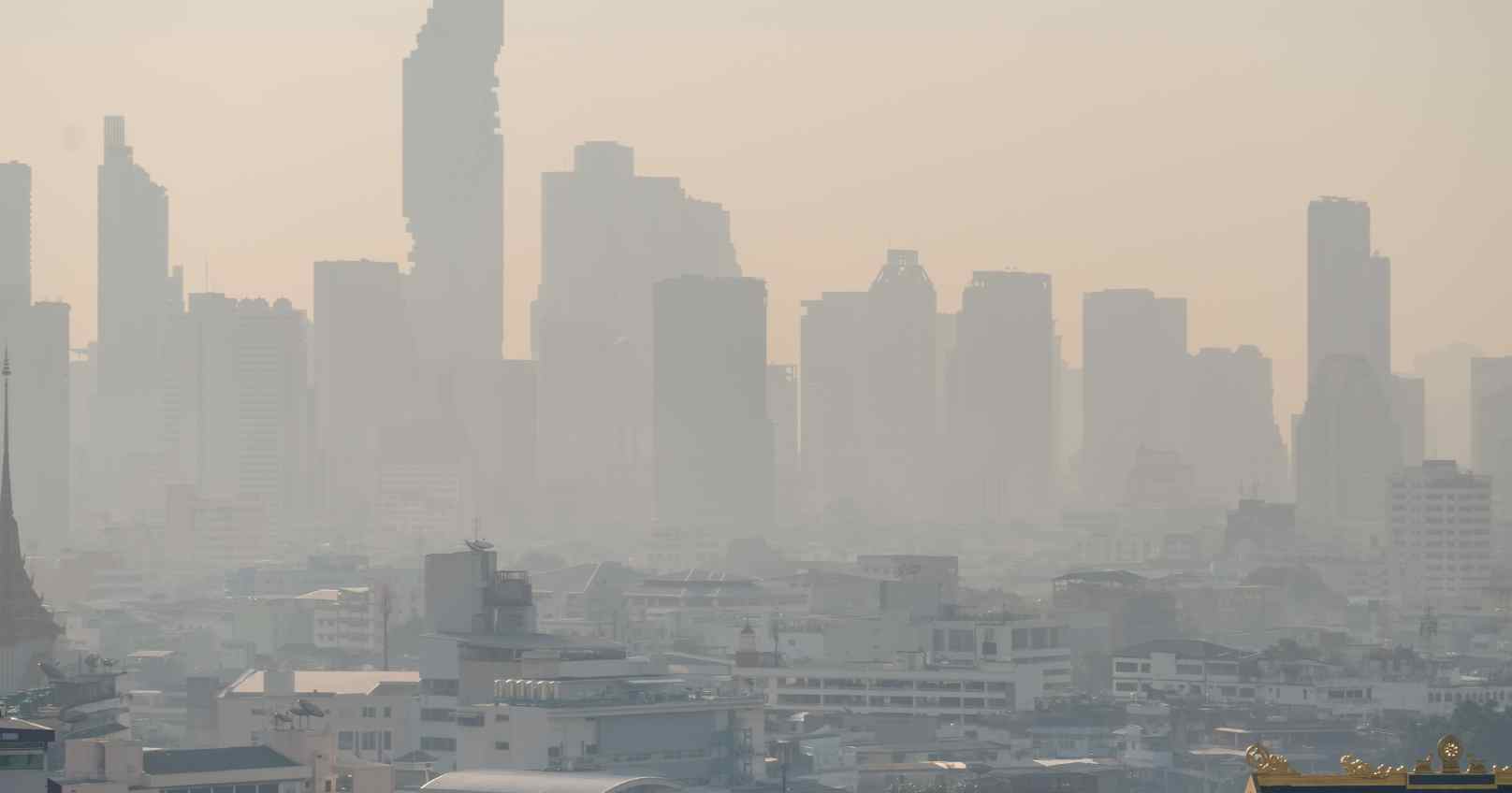The Centre’s air pollution control panel for the Delhi-NCR region has instructed state governments to implement Stage I of the Graded Response Action Plan (GRAP) due to the capital’s air quality remaining in the 'poor' category for the second consecutive day.
Stage I of GRAP is a set of winter-specific anti-pollution measures aimed at reducing pollution levels through various initiatives. These include dust control at construction sites, improved waste management, and road cleaning. The plan also involves stringent checks on polluting vehicles, better traffic management, and emission controls for industries, power plants, and brick kilns. Moreover, it bans open burning of waste, restricts the use of diesel generators, and limits the use of coal and firewood in restaurants.
As of 4 PM on Monday, Delhi’s air quality index (AQI) registered at 234, according to the Central Pollution Control Board (CPCB).
The Sub-Committee of the Commission for Air Quality Management (CAQM) decided to implement these measures after evaluating the air quality and weather forecasts. Pollution control authorities in Delhi, Uttar Pradesh, Haryana, and Rajasthan have been directed to enforce these actions starting at 8 AM on Tuesday.
GRAP consists of four stages, with Stage I activated for 'Poor' air quality (AQI 201-300). Higher stages are implemented as air quality deteriorates: Stage II for 'Very Poor' (AQI 301-400), Stage III for 'Severe' (AQI 401-450), and Stage IV for 'Severe Plus' (AQI >450).







